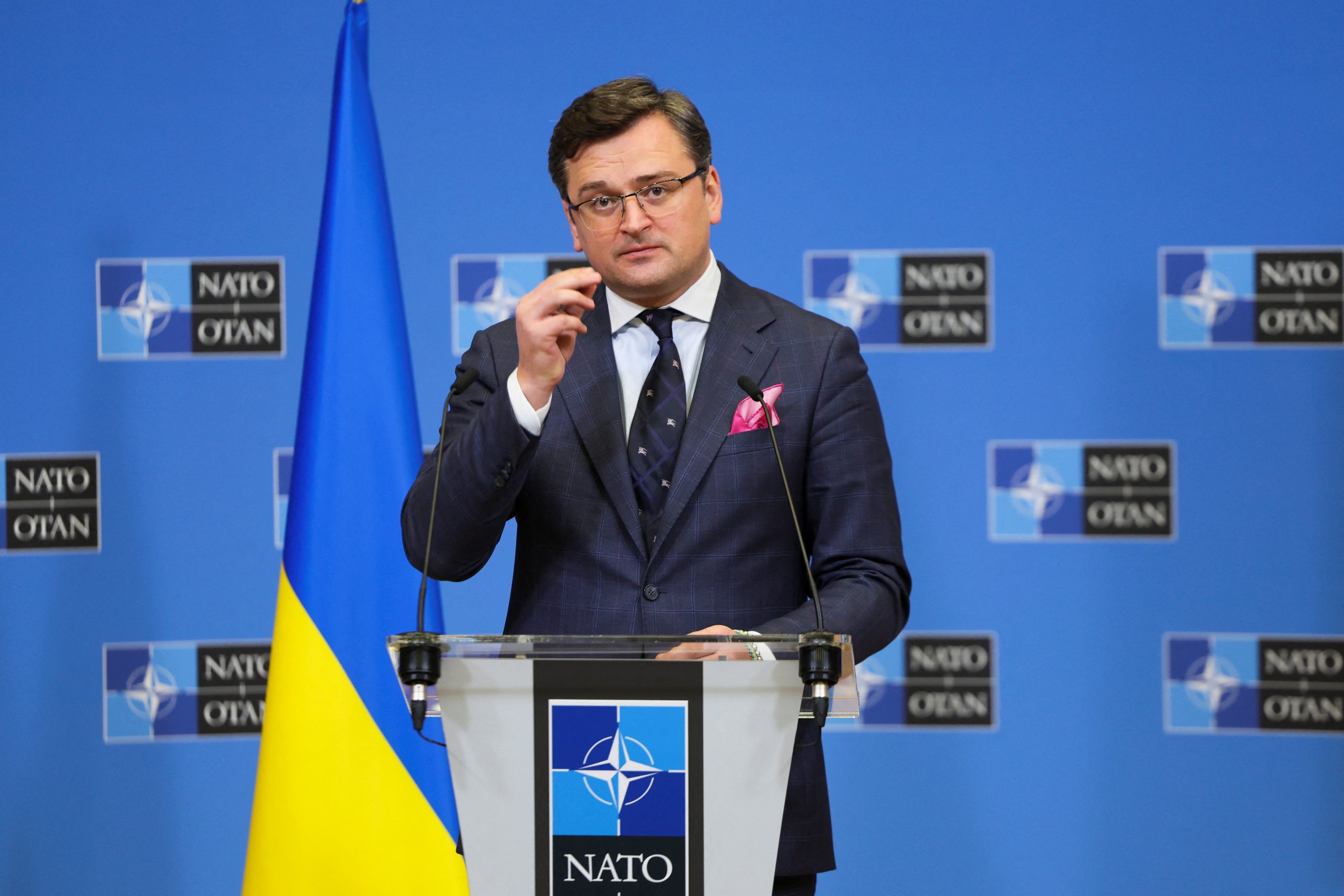
Chris Lange, FISM News
[elfsight_social_share_buttons id=”1″]
Ukrainian officials continue the monumental task of identifying hundreds of bodies of massacred civilians discovered in Bucha and other towns near Kyiv following the withdrawal of Russian forces from the capital as they collected evidence of war crimes.
Ukrainian President Volodymyr Zelenskyy cautioned residents that they are not out of danger, warning that Russia could still attack. He also urged residents to remain put while officials try to clear lethal mines and booby-traps Russian soldiers had planted throughout the area before pulling out.
“Firstly, the bombing may continue. Secondly, they are mining all this territory. Mining houses, equipment, even the bodies of killed people. Too many tripwire mines, too many other dangers,” Zelenskyy said in an April 2 video address to the nation.
“It is still impossible to return to normal life as it was. Even in the areas we return after the fighting. You will have to wait. Wait for our land to be cleared. Wait until you can be assured that new shelling is impossible.”
Russia shifts focus to the east
Having failed to accomplish their chief objective of seizing Kyiv and toppling Ukraine’s government, Russia’s focus has shifted to eastern Ukraine and the Russian-speaking Donbas region, where they have increased their attacks in recent days.
Britain’s defense ministry said Thursday that Moscow is targeting their artillery and airstrikes at the “line of control” between Ukrainian-held and rebel-controlled areas in the Donbas region, focusing on infrastructure targets.
Donetsk Gov. Pavlo Kyrylenko said at least five civilians were killed and another eight were wounded by Russian shelling on Wednesday.
Russia’s Defense Ministry said it struck fuel storage sites around the cities of Chuguev, Kharkiv, Mykolaiv, and Zaporozhe overnight using cruise missiles fired from the Black Sea.
Military analysts believe Putin may seek to expand the government-controlled territory surrounding Luhansk and Donetsk, both of which Putin declared to be independent states ahead of his Feb. 24 invasion.
Ukrainian Deputy Prime Minister Iryna Vereshchuk has urged civilians in the region to evacuate to safety before it is too late.
“Later, people will come under fire, and we won’t be able to do anything to help them,” Vereshchuk said.
Ukraine pleads with NATO for ‘weapons, weapons, weapons’
Ukrainian Foreign Minister Dmytro Kuleba urged the West to provide more weapons to his war-ravaged country to prevent further atrocities like those witnessed in Bucha. Speaking to reporters in Brussels Thursday, where NATO leaders had assembled to discuss additional ways to help Ukraine, Kuleba said, “My agenda is very simple. It only has three items on it. It’s weapons, weapons, and weapons.”
Kuleba also warned that the battle for the region will be reminiscent of World War 2 while pleading for help.
Either you help us now – and I’m speaking about days, not weeks – or your help will come too late, and many people will die.
From the onset of Russia’s invasion on Feb. 24, The U.S. and NATO allies have implemented numerous sanctions against the Kremlin and supplied Ukraine with defensive weapons but have stopped short of responding to Ukraine’s repeated requests for offensive weaponry out of fears such actions may draw Western nations into the conflict. NATOP countries have provided Ukraine with portable anti-tank and anti-aircraft weapons but have drawn the line at sending in aircraft and tanks – items military analysts say are vital to Ukraine’s chances of winning the war.
NATO Secretary-General Jens Stoltenberg signaled a shift from this position Thursday, suggesting for the first time that the West may be preparing to supply Ukraine with at least some of the items on their wish list.
“Ukraine is fighting a defensive war, so this distinction between offensive and defensive weapons doesn’t actually have any real meaning,” he said.
More than 5,000 dead in Mariupol
Meanwhile, Mariupol Mayor Vadym Boichenko said over 5,000 civilians in the besieged city of Mariupol have been killed during weeks of unrelenting Russian bombardment and street fighting. Tragically, among the dead are 210 children.
The southern port city has been cut off from food, water, power, and medicine for nearly the entirety of the war so far. British defense officials said 160,000 people remained trapped in the city, which had a prewar population of 430,000.
